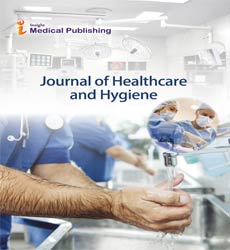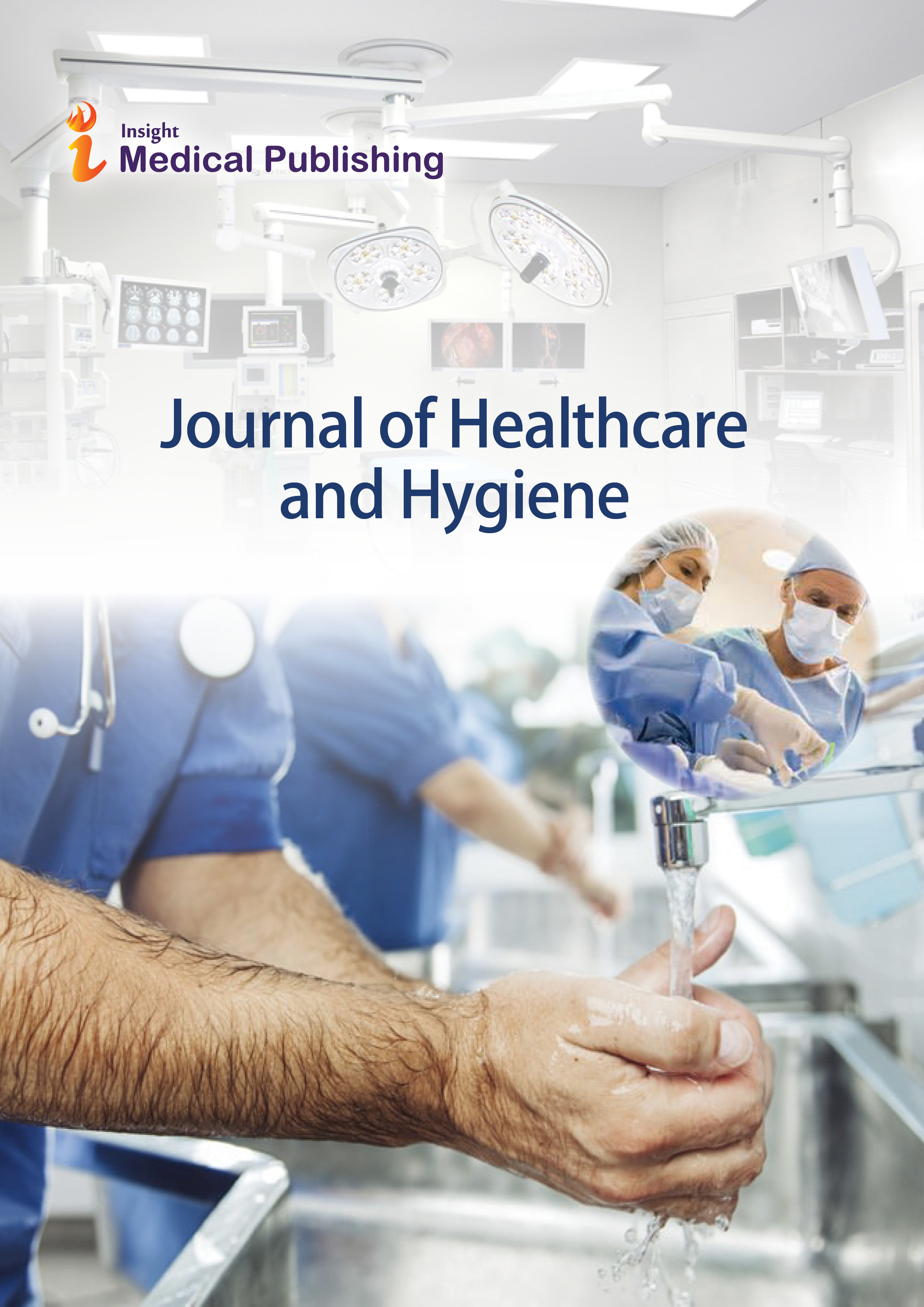Length of Stay and Electronic Health Record Use by Clinicians in the Australian Emergency Department: An Audit-log Analysis
Abstract
Increasingly length of stay (LOS) is associated with greater resource consumption, therefore is an important measure of efficiency in the emergency department (ED). Electronic Health Record (EHR) adoption in the ED has been flagged as an opportunity for efficiency gains to be realized. For this reason, the association between LOS and EHR use in the ED is increasingly being explored. Research conducted in America suggests that LOS reductions are associated with EHRs adoption in regional areas, as a result of faster outside information access. In contrast, EHRs have been linked to increased LOS due to clinical workflow disruptions and a greater administrative workload. However, the impact of use of Australia’s national EHR (known as My Health Record, MHR) in the ED, on LOS, is largely unknown and warrants further exploration. Objective: This study explored the association between MHR access by clinicians in the ED and patient LOS. Methods: Secondary routinely-collected audit-log data (24 months) was explored retrospectively, linked to attendance data and human resources data. The primary outcome was a dichotomous variable: MHR access, or no MHR access by an ED clinician [nurse, doctor or pharmacist] during the time the patient presented to the ED. Results: a total of 48,782 patients presented to the ED during the study period, and a total of 13,343 (27.35%) of patients had their MHR accessed (Table 1). Univariate analysis showed that MHR access (by a pharmacist, doctor and nurse) was significantly associated with patients who had a presentation length of 4-24 hours (odds ratio 3.52; 95% confidence interval 3.37-3.68) compared to <4 hours. Patients who stayed in the ED >24 hours were more likely to have their MHR accessed by a pharmacist (5.09; 3.92-6.61), but not a doctor or nurse, when compared to patients who stayed in the ED <4 hours. Conclusion: MHR access in the ED significantly increases for pharmacists, the longer the patient stays in the ED. This result suggests that for the greatest users of MHR, pharmacists, are more likely they are to access a patient record when they have the time to do so. While this research is limited as it assumes use of MHR when the system is accessed, the results are not impacted. Further research is desperately required that seeks to explore the quality and impact of the data within a patients MHR on the decision to keep them in the ED for a shorter or longer period of time.

Open Access Journals
- Aquaculture & Veterinary Science
- Chemistry & Chemical Sciences
- Clinical Sciences
- Engineering
- General Science
- Genetics & Molecular Biology
- Health Care & Nursing
- Immunology & Microbiology
- Materials Science
- Mathematics & Physics
- Medical Sciences
- Neurology & Psychiatry
- Oncology & Cancer Science
- Pharmaceutical Sciences
